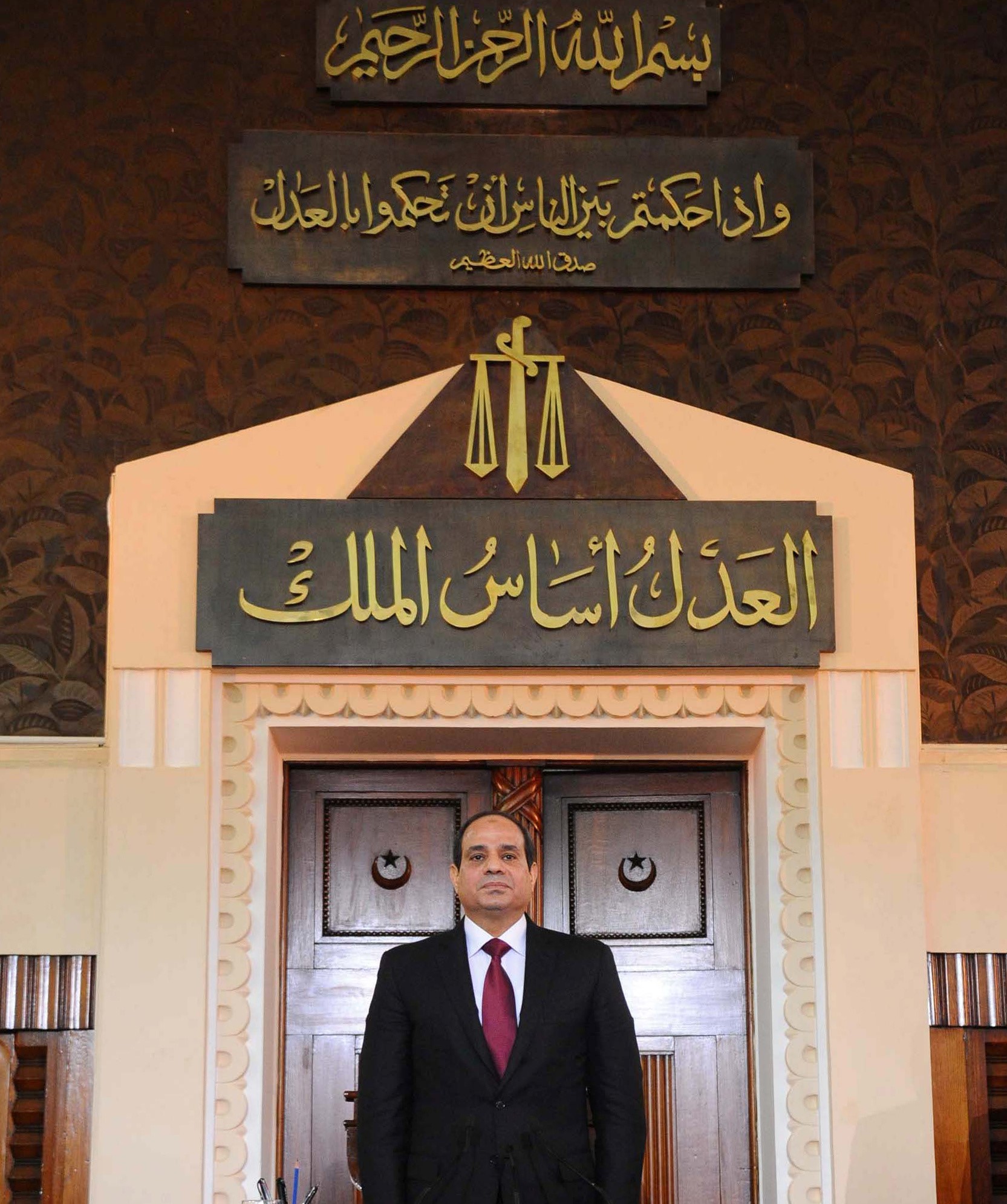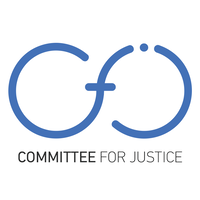Last Tuesday, the notable Salafi preacher, Mohamed Hussein Ya’koub, gave his testimony in a case known in the media as the ISIS cell of Imbaba(a town in Cairo). Recalling Ya’koub for testimony was demanded by the lawyer of two of the defendants, who denied joining ISIS and said that Ya’koub, along with Mohamed Hassan, another notable Salafi preacher, taught them about religion through their lectures.
Ya’koub’s testimony, which was recorded by a couple of media outlets, provoked social media controversy over his confession that he is not a scholar or a fakih, but just a preacher, which was seen as disclaimer of responsibility of his ideas followed by thousands, says the Salafi community in Egypt, and even all over the Islamic world. Even more striking was that the tribunal appeared to have Ya’koub on trial and was not listening to his testimony related to the case. The judge questioned Ya’koub unrelatedly about his ideas in an inquisition-like atmosphere.
In 2020, Egypt ranked 125th out of 128 countries in the World Justice Project’s Rule of Law Index. According to the WJP report, this was due to judicial corruption, low efficiency, subordination to the executive authorities, and slow litigation. Harsh criticism has been levelled by international organisations against the Egyptian judiciary. Most recently, Amnesty International criticised the Court of Cassation’s sentence of 12 defendants to death in a political case. “These ruthless death sentences, which were handed down in 2018 after a grossly unfair mass trial, are a stain on the reputation of Egypt’s highest appeals court and cast a dark shadow over the country’s entire justice system,” said Amnesty International.
Similarly, Human Rights Watch accused Egyptian prosecutors and judges of colluding with police in arbitrary detention and committing violations against political activists. “The systematic absence of fair trials in Egypt, especially in political cases, makes every death sentence a violation of the right to life,” said Joe Stork, deputy Middle East and North Africa director at HRW, last October. Last March, 31 states issued a joint statement in the UN Human Rights Council 46th session about the human rights situation in Egypt. The statement stipulated, “We also express concern at multiple abuses of due process, including limitations on lawyers seeing evidence or accessing their client.” Earlier, in October 2020, UN experts accused Egypt of using terrorism trials, established since 2013, to target human rights activists: “Egypt is using exceptional Terrorism Circuit Courts to target human rights defenders, silence dissent, and to lock up activists during the COVID-19 pandemic.”
Judicial bequest
“The son of a dustman will not be a judge because a judge has to be decent for his work,” Mahfouz Saber, Egypt’s justice minister 2014-2015. “Whom attacks (the appointment of) sons of judges are haters, who will be disillusioned, as sons of judges will be appointed annually, and none in Egypt can stop this holy crawl,” Ahmed Zend, Egypt’s justice minister 2015-2016.
Egypt’s judiciary has turned into something to be inherited. Entire families work in the Egyptian judiciary. For example, there are 200 judges from the Makhlouf family of Assiut. Moreover, judicial appointments are subject to security oversight through checks by the public security police sector, National Security, General Intelligence and Administrative Control Authority. Those agencies examine the candidate’s political and religious tendencies and his loyalty to the Egyptian authority. Bequest and security oversight make judges, which are supposed to be independent and unbiased, just incompetent bureaucrats, and furthermore, subordinate to the political power that brought them to their posts.





Recent Comments